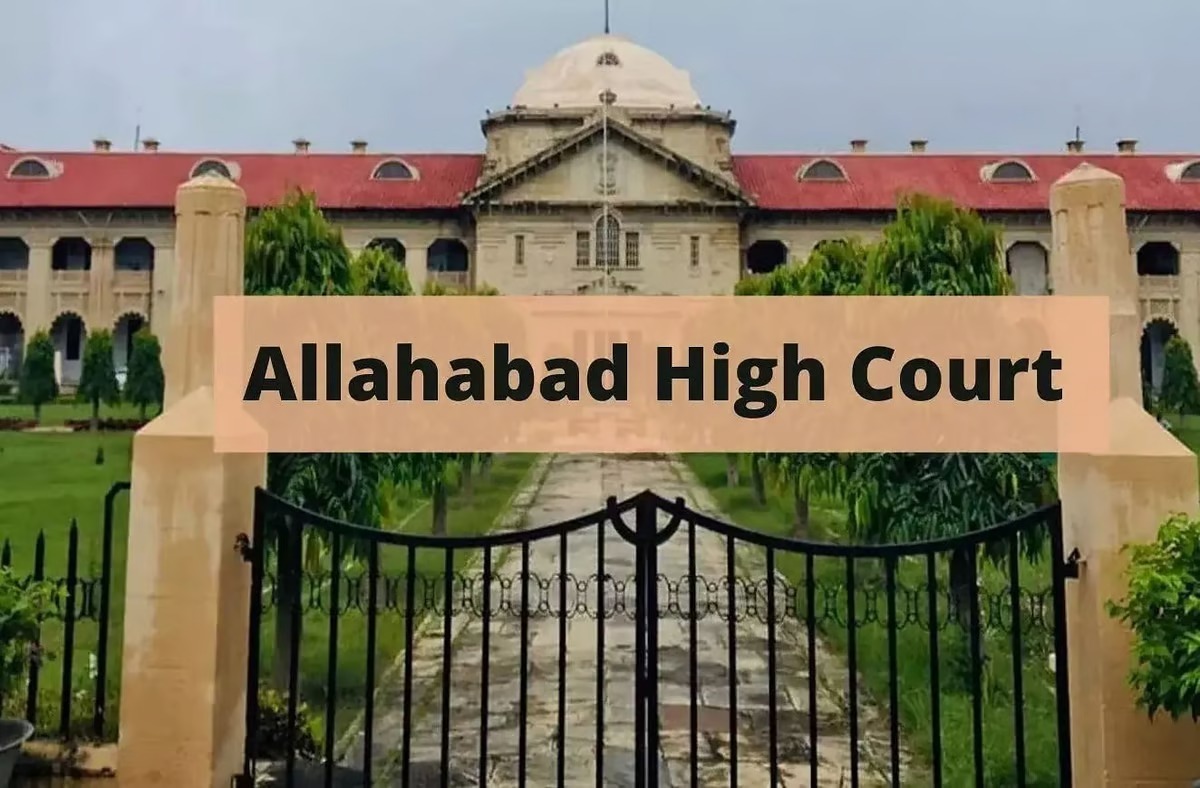L.N. Mittal, J.@mdashDefendant Raj Kumar has filed this second appeal. Suit was filed by respondent-plaintiff Baljit Singh against defendant appellant. Plaintiff alleged that defendant agreed to sell suit property to the plaintiff for Rs. 50,000/- and received Rs. 40,000/- as earnest money and executed agreement dated 15.11.2002. Sale deed was to be executed on or before 14.11.2004. The plaintiff always remained ready and willing to perform his part of the contract but the defendant committed breach thereof. Accordingly, the plaintiff sought possession of the suit property by specific performance of the agreement to sell.
2. The defendant broadly denied the plaint averments. It was pleaded that defendant never agreed to sell the suit property to the plaintiff. It was pleaded that defendant had borrowed Rs. 5000/- only from one Jasmer Singh but Jasmer Singh managed to forge agreement to mortgage for Rs. 30,000/- and fictitiously mentioned therein to have paid Rs. 25,000/- as earnest money to the defendant. The plaintiff is a Financier and is habitual of forging false and frivolous documents. The defendant borrowed Rs. 25,000/- in November, 2002 and had been paying interest thereon @ 5% per month against the said amount but the plaintiff took some receipts from the defendant on the pretext of reflecting the same in income tax records and also issued some receipts to the defendant.
3. Learned Civil Judge (Junior Division), Rajpura vide judgment and decree dated 18.1.2011, instead of decreeing the plaintiff''s suit for specific performance of the agreement, decreed the plaintiff''s suit for alternative relief of recovery of earnest money of Rs. 40,000/- with pendente lite and future interest. However, first appeal preferred by plaintiff has been allowed by learned Additional District Judge, Patiala vide judgment and decree dated 14.9.2011 and thereby plaintiff''s suit has been decreed for possession of the suit property by specific performance of the impugned agreement. Feeling aggrieved, the defendant has filed the instant second appeal.
4. I have heard learned counsel for the parties and perused the case file.
5. The plaintiff to prove his case himself appeared in the witness box and also examined stamp vendor who stated that defendant had purchased stamp papers for impugned agreement regarding which entry was also made in the register of the stamp vendor and was signed by the defendant. The plaintiff has also examined Inderpal Singh PW4 an attesting witness of the impugned agreement who has stated according to the plaintiff''s version. The plaintiff himself also stated according to his version. The plaintiff also examined Jasmer Singh PW3, another attesting witness, but he did not appear for cross-examination and therefore, his testimony cannot be considered.
6. Defendant himself appeared as witness and broadly stated according to his version. The defendant also examined Krishan Lal DW2 and Surjit Singh DW3 who supported the defendant''s version but they did not appear for cross-examination and therefore, their statements cannot be taken into consideration.
7. Plaintiff has led cogent evidence to prove execution of the impugned agreement by examining himself as well as by examining an attesting witness of the agreement and also stamp vendor from whom defendant purchased stamp papers and affixed signatures on the entry in the register of stamp vendor regarding purchase of stamp vendor.
8. On the other hand, there is solitary statement of the defendant which is not sufficient to rebut the aforesaid cogent evidence of the plaintiff. Moreover, the defendant in the witness box admitted his signatures on the impugned agreement. This circumstance further corroborates the plaintiff''s case. The defendant has not explained as to how his signatures appeared on the impugned agreement or in the register of stamp vendor.
9. Counsel for the appellant contended that although plaintiff had allegedly paid 80% of the sale consideration as earnest money, time for execution of the sale deed was fixed after two years of the agreement which is improbable. The contention cannot be accepted because the parties mutually agreed to the said terms and conditions. The defendant-appellant might be needing long time to vacate the suit property or to make alternative arrangement. If both the parties mutually agreed to period of two years for execution of the sale deed, the agreement cannot be disbelieved merely because period of two years was stipulated for execution of sale deed. Moreover, the trial court also held the impugned agreement to have been executed by the defendant. The defendant did not challenge the said finding by filing first appeal or cross-objections in the first appeal preferred by the plaintiff. Therefore, it does not lie in the mouth of the defendant now to contend that the agreement is not proved.
10. Counsel for the appellant also contended that mortgage of the suit property in favour of Jasmer Singh had been redeemed on 14.11.2002 by way of a writing witnessed by the plaintiff himself but said mortgage was still mentioned in the agreement dated 15.11.2002. This contention is also misconceived because as per recital in impugned agreement as read by counsel for the respondent, the defendant had received Rs. 25,000/- from the plaintiff for payment of mortgage money to Jasmer Singh. Consequently the said mortgage money might have been paid on 14.11.2002, a day before the execution of the impugned agreement. For the reasons aforesaid, I find no merit in this second appeal. No question of law much less substantial question of law arises for adjudication in this second appeal. Accordingly, the appeal is dismissed.

